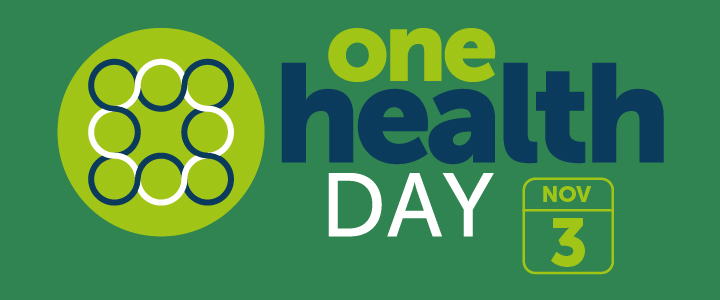November 3 is International One Health Day. One Health recognizes the connectivity across people, animals, plants, and our shared environment. The international day recognizing this approach aims to build the cultural will necessary for a sea change in how planetary health challenges are assessed and addressed and how professionals exchange information across disciplines.
Livestock proximity, climate change, and human encroachment create conditions for increased interactions between people, animals, and wildlife. They are also key drivers of diseases naturally transmitted between people and vertebrate animals leading to endemic zoonotic diseases (EZD), emerging diseases, and potential pandemics.
Canada’s response
Funded by Global Affairs Canada and implemented by Alinea, the Gender-Responsive One Health (GROH) Project will address EZDs persistent in poor livestock-keeping communities as they face climate change, poverty, resource degradation, and WASH issues. This grassroots programming will take a gender-transformative approach, recognizing women’s critical roles in livestock production, processing and marketing, and human health services. Through proven approaches used by Alinea in Ethiopia and other One Health projects, the GROH team will work to address the root causes of gender inequalities related to women’s lower social status, access to and control over resources, and higher labour burden. The objective is to improve community health and equitable One Health empowerment for poor, marginalized, and Indigenous women and girls, as well as mitigate the risks of emerging zoonoses and pandemics.
The development of a community-focused One Health system requires the mobilization of public and private resources for early detection, control, and mitigation of existing outbreaks, as well as prevention measures to reduce future outbreaks. Alinea will focus on priority EZDs identified by communities and national One Health Strategies. This project will also address critical financial barriers that poor women and Indigenous livestock keepers face in adopting One Health approaches through access to micro-finance, cost-shared grants, and income-generating activities.
Anticipated impact
The GROH Project is expected to reach more than 86,000 people, including 70,000 women farmers and their households; 15,000 environment resources users, other farmers, market vendors, processors, and consumers; and 1,200 community health workers, veterinarians, para-professionals, and policymakers.
Alinea’s consortium implementing this project includes Farmers Helping Farmers and the Universities of Calgary, Guelph, Saskatchewan, and Prince Edward Island. The project, which is in its early stages, is planned for implementation in Meru County in Kenya and Somali Regional State in Ethiopia.

